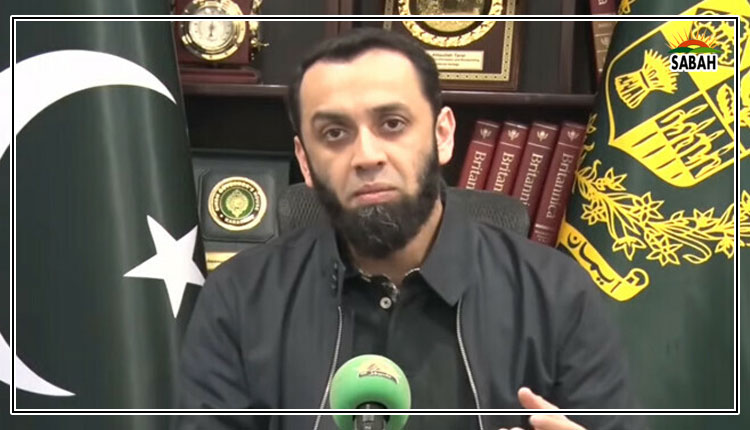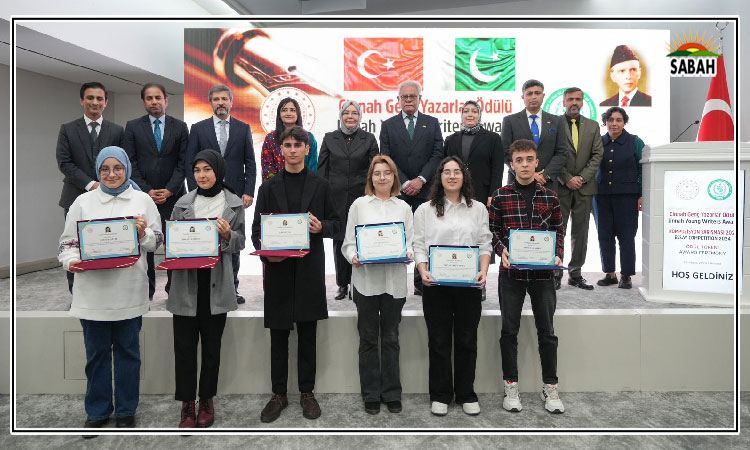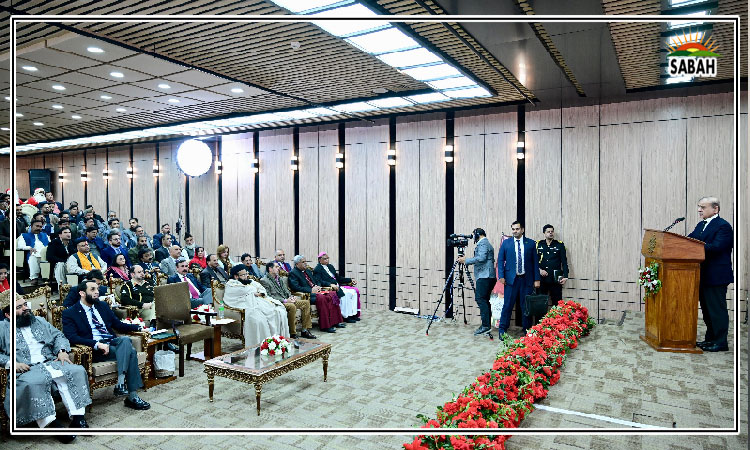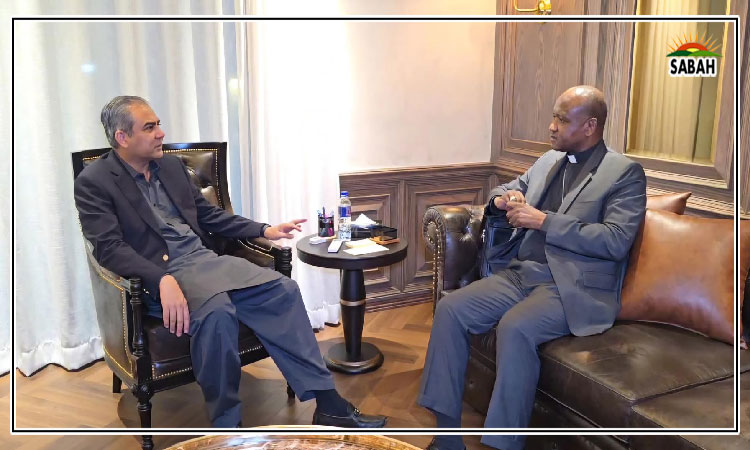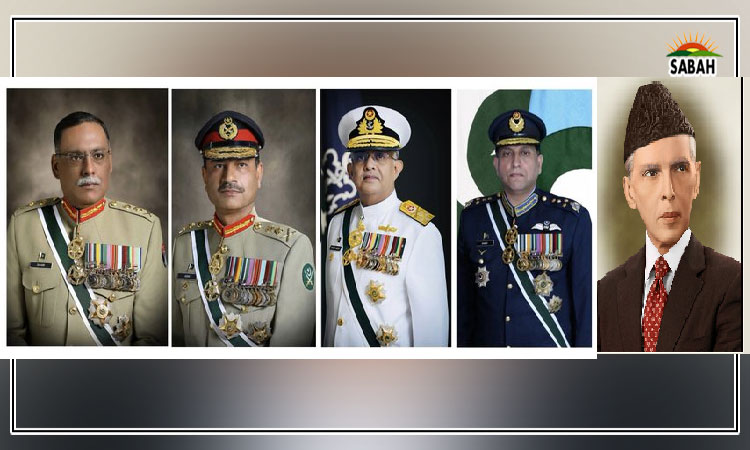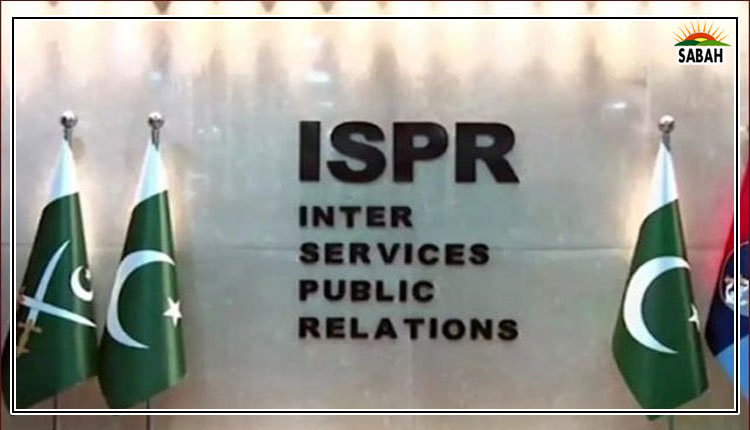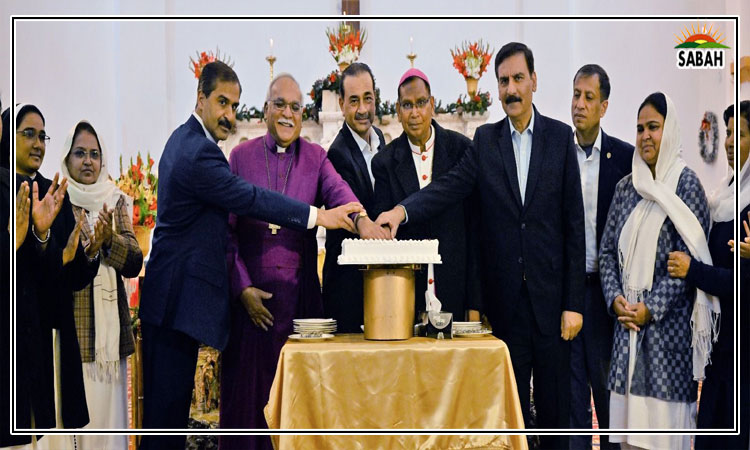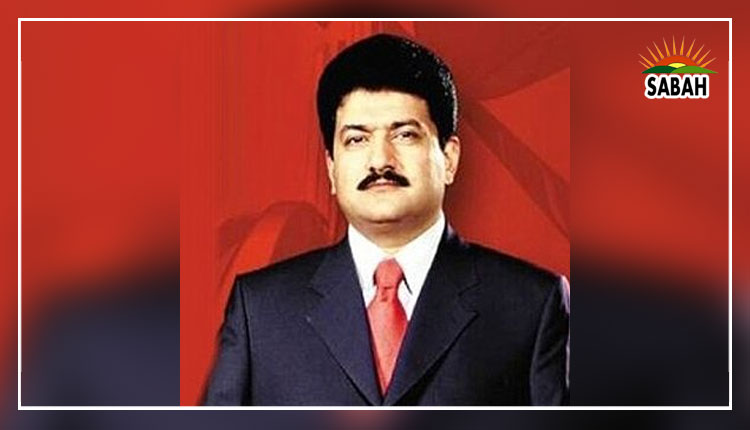Opinion,The time I met the brains of al-Qaeda:By Hamid Mir
The first time I met Ayman al- Zawahiri, back in 1998, he was acting as Osama bin Laden’s interpreter — but it was clear he was much more than that.
It was my second interview with bin Laden, and Zawahiri impressed me right away. He translated bin Laden’s responses from Arabic into perfect English. Zawahiri, an Egyptian doctor by training, was able to pose my critical questions with a mild smile on his face, and then conveyed bin Laden’s responses to me in a very aggressive tone.
When I learned that Zawahiri had been killed by a U.S. drone strike in downtown Kabul, I thought about his deep ties to jihadism in the country. The fact that he was living openly in the capital was also a clear reminder that the Taliban has not changed its old ways — it’s evident Zawahiri was still a figure to be treated with respect, despite pledges to the West to shun international terrorists. And even if Zawahiri wasn’t the al-Qaeda operational mastermind he once was, he was clearly important for the Taliban: an Arab jihadist who openly opposed the Islamic State and saw the Taliban as a partner.
If bin Laden was once the public face of al-Qaeda, Zawahiri was its brains.
My first interview with bin Laden took place in a cave in the Tora Bora mountains in 1997, where several of his comrades acted as interpreters. They were not Arabs, and bin Laden was clearly not satisfied with their work. The second interview a year later went very differently.
During the lunch break, I asked Zawahiri, “Where were you last year?” “I was in a Russian jail,” he answered. Bin Laden noticed my curiosity and added that it was not the first time his friend was arrested; he also spent many years in Egyptian jails. Now I wanted to know more about this man.
“Who are you?” I asked. “I am an eye surgeon, but it is no more a profession — it is just a hobby now,” Zawahiri replied. I laughed and asked about his real profession. He said he was in the business of medicines and chemicals. “Why did the Russians arrest you?” I asked. “Because I met some Chechens,” he said cryptically.
By the end of our conversation, I learned that he had traveled to Europe, Australia and New Zealand on different passports. He was one of the five signatories of bin Laden’s edict against the United States. This edict was the main subject of my discussion with bin Laden in that interview. “How can you justify the killing of innocent non-Muslim women and children in light of Islamic teachings?” I had asked bin Laden.
Zawahiri translated my question — then handed a book to bin Laden. Bin Laden dutifully quoted from the book. It was clear Zawahiri played a key role in justifying and amplifying al-Qaeda’s actions and objectives.
I spent two days with al-Qaeda in Afghanistan in 1998. I came to know from other al-Qaeda sources that Zawahiri traveled to Chechnya in search of some sort of portable nuclear weapon on the black market. When angered members of the Chechen mafia failed to secure a deal, they leaked the information about the presence of a mysterious Arab businessman in Grozny to the Russian security forces. Zawahiri was soon arrested with a fake Sudanese passport, but was released after six months because the Russians failed to learn his real identity.
Within a few weeks of my second interview with bin Laden, I started receiving handwritten letters and booklets from Zawahiri through a Pakistani cleric. I met with Zawahiri again in Kabul seven weeks after the 9/11 attacks. Again, he was acting as interpreter during my third interview with bin Laden.
The United States had already launched Operation Enduring Freedom, and our interview took place in the midst of explosions and gunshots. Zawahiri seemed calm and even casually asked me about my China Xinjiang Airlines travel bag. He said he had also used the airline to travel to China. I tried to hide my worry. “You may be a James Bond of al-Qaeda, that’s why you are not looking worried, but I am not a James Bond; I am definitely worried,” I joked. “Let’s start the interview because I need to run away.”
Bin Laden claimed to have nuclear weapons in that interview. I doubted his claims, but Zawahiri said that anyone can buy nuclear weapons on the Russian black market “if you have $30 million.” His obsession with acquiring nuclear weapons made him very important for al-Qaeda.
These days, Zawahiri was seen more like a father figure for different militant groups hiding in Afghanistan. The Taliban made a mistake by allowing him to be there. In the end, his presence will be another factor hurting the people of Afghanistan, forcing countries that want to recognize the Taliban and establish diplomatic relations to continue to isolate the group.
Courtesy (The Washington Post).


